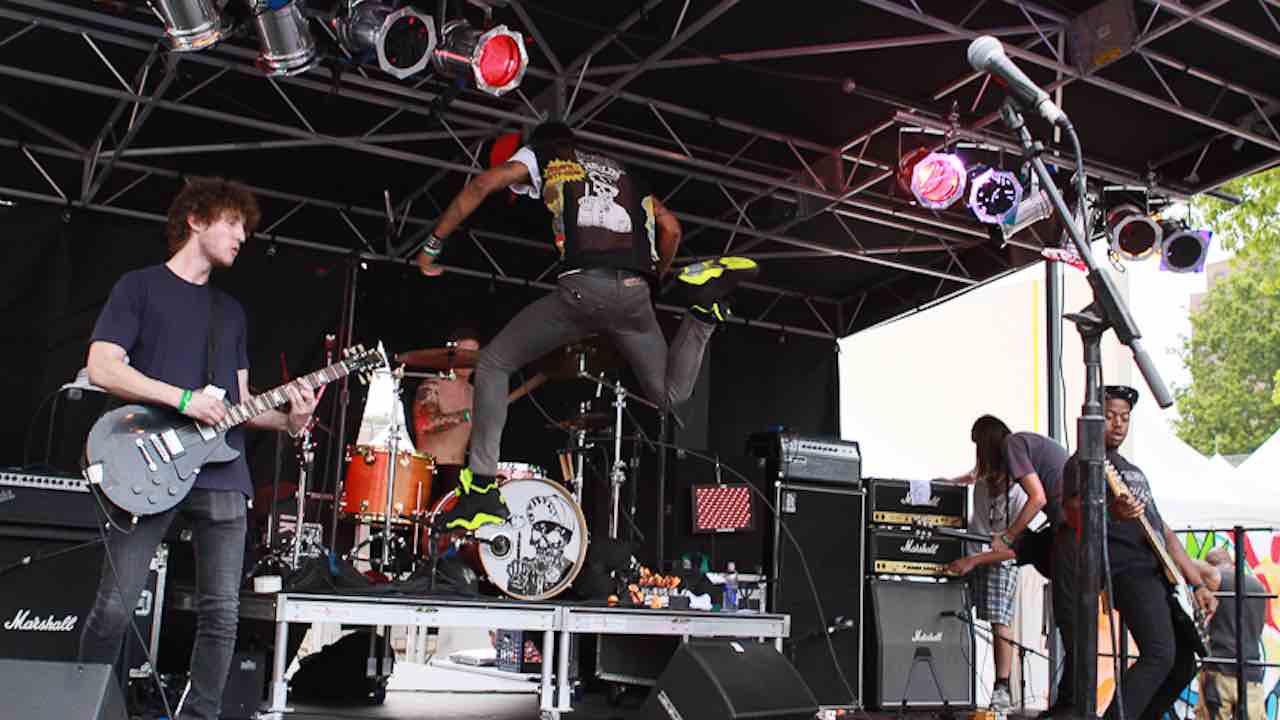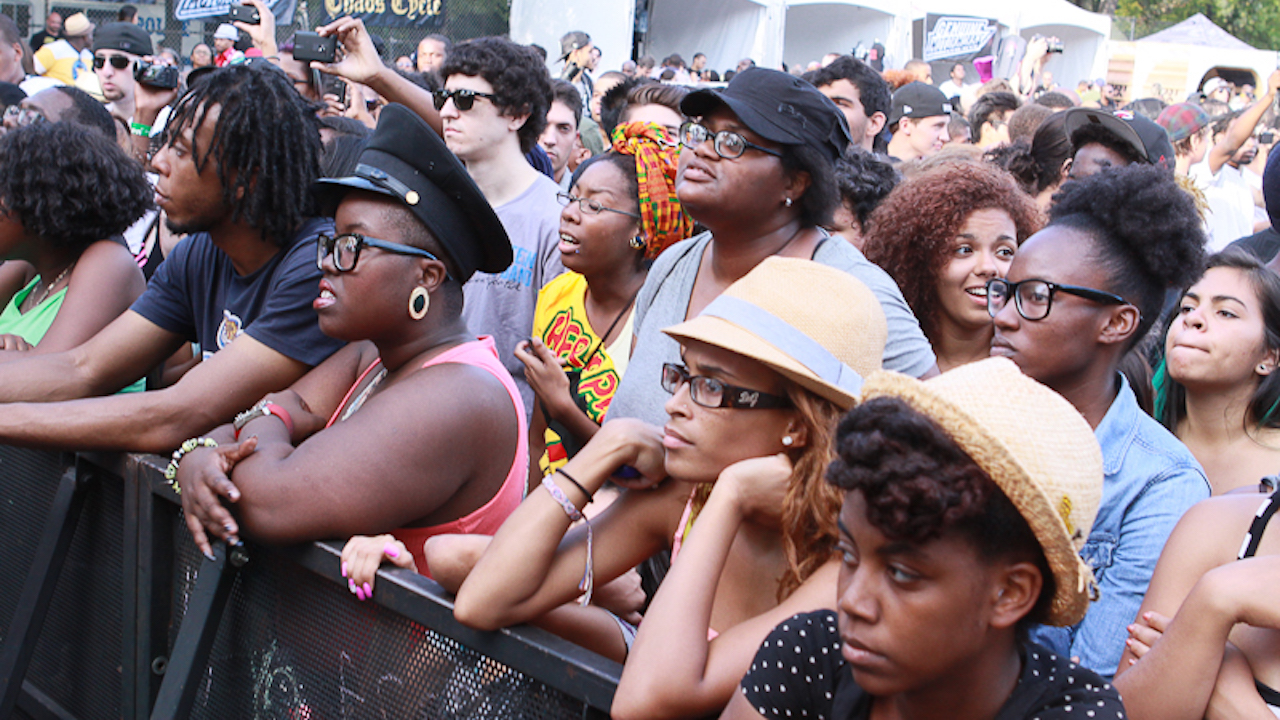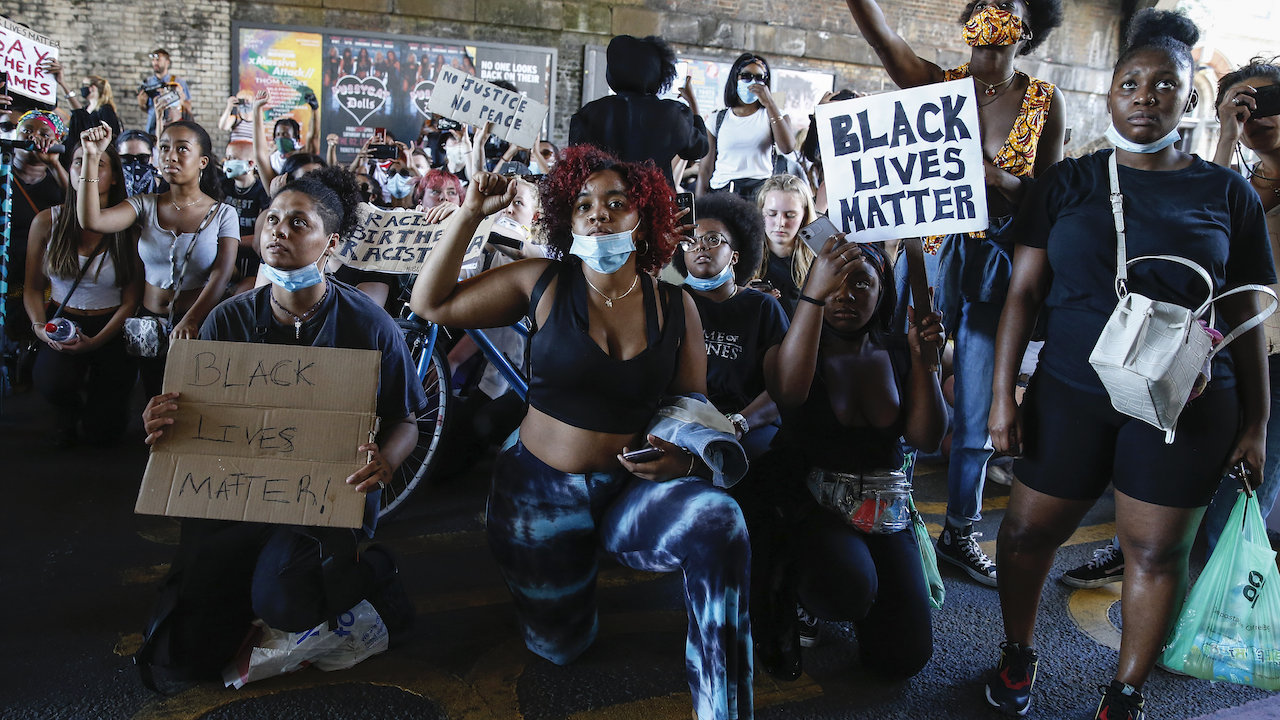When I moved to New York City from Toronto, Canada, I reconnected with the black women metal fans I’d met over the years while working on a book on race, gender and heavy metal. These women were tough – tougher than me – and some were literally raised in New York’s hardcore, punk and metal venues. Some told me about the physical fights they had with men, and physical altercations with women, who saw them as a threat. Despite the harrowing details, my friends exhibited a resilience that was both impressive and a bit intimidating. They knew how to take care of themselves at shows; willing to verbally and physically address whatever nonsense that came their way.
However, always fighting to not be harassed when you just want to see a show gets tiresome. And it’s stressful. And despite putting up a brave face, it hurts.
As our society is currently undergoing a time of devastating unrest, racism in metal has morphed into its own pandemic. The combination of COVID-19 and intense political, cultural and social conflict has led to both peaceful and violent demonstrations, making for an uncertain future. Black folks in the metal scene are realising that some of their non-black and white friends – folks they hang out with at a metal show, talk to online or in some cases, are bandmates – are racist. Not uninformed, or simply naive, but balls-out racist.
When Sandra Araya, the wife of Slayer's Tom Araya, shares dubious conspiracy theory posts, it can add to a dangerous narrative co-opted by racists. When artists like System Of A Down’s John Dolmayan describes Donald Trump as “the greatest friend to minorities” and other musicians openly mock the Black Lives Matter movement, it suggests not just sheer stupidity, but also that they don’t care about who is listening to their music (or their brand, for that matter) – they just want our money.
Even as heavy metal scenes in South America, the Caribbean, China, India and the Middle East have flourished, the fact that there are "people of colour" playing metal does not negate the issues of anti-black racism or discrimination. North America’s music industry is embedded with the history of inequality that is intertwined within its cultural fabric. You can’t use a band or an artist from an ethnically monolithic populace to avoid conversations about racism. You also can’t hide behind your token “black” to shield you from criticism.

While it won’t disappear overnight, there are ways to fight racism within these turbulent times that can lead to permanent changes. We need to challenge musicians that post racist comments or memes online. Don’t want to curse them out? Unfriend or unfollow. Watch what venues are booking bands (post COVID-19) that have made their xenophobia and bigotry clear and create a boycott. For black metal heads: don’t even bother trying to “educate” people who will not take the time to educate themselves. Report posts that express thoughts and ideas that could lead physical harm against others.
The most important thing we can do is take care of ourselves. No music scene is worth getting your ass kicked… but it will be a cold day in hell before someone pushes me out. My friends have taught me that we fight because we love metal: We feed off its energy. Black folks have always had to fight for respect and inclusion, and the power and the energy we get from listening to metal is too precious to walk away from – it makes us even more empowered. But regardless of who you are and your political leanings, try to find an emotional balance between participating in what you love to do and in these turbulent times, keeping safe.
Laina Dawes is the author of What Are You Doing Here? A Black Woman's Life and Liberation in Heavy Metal

